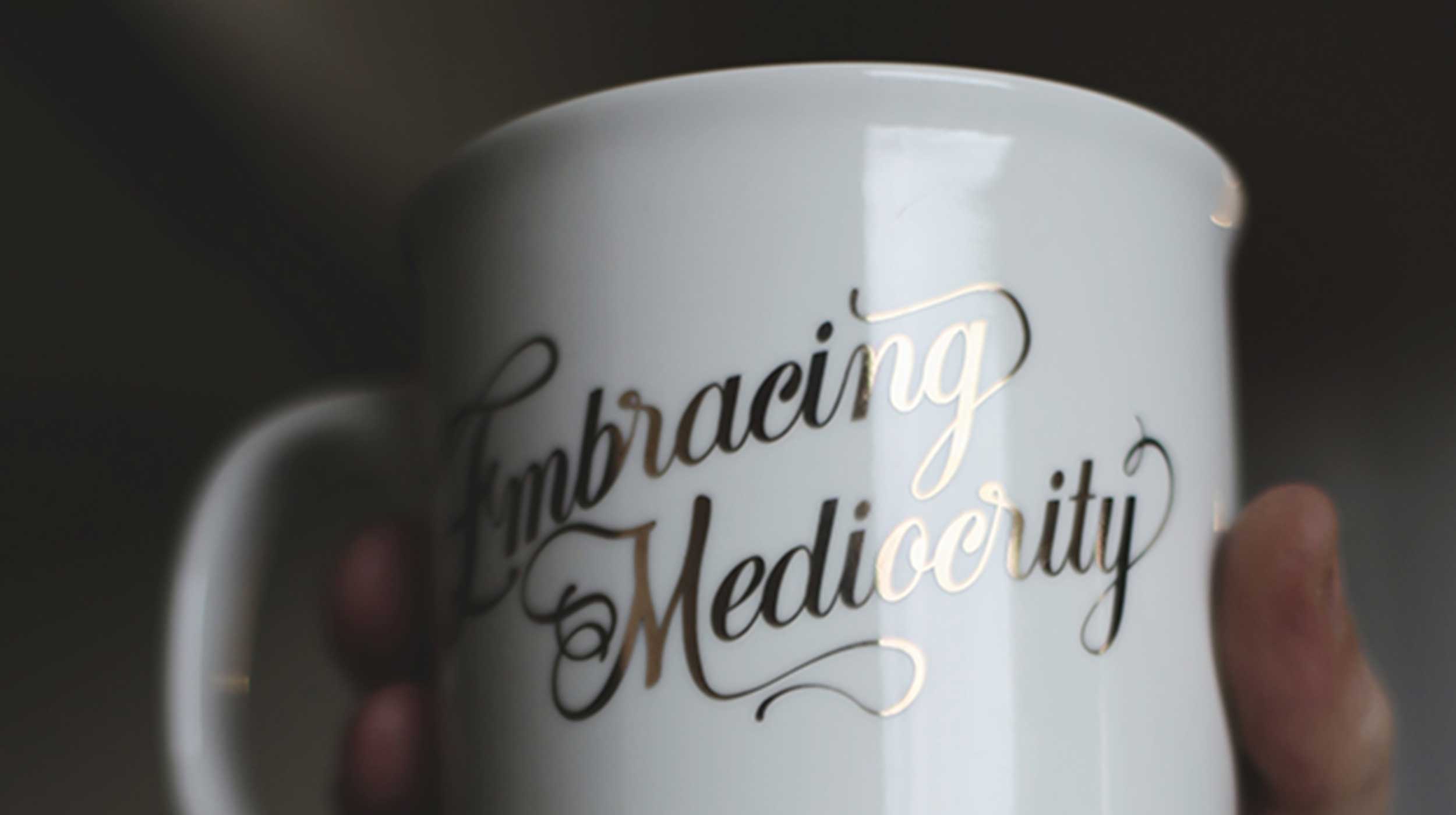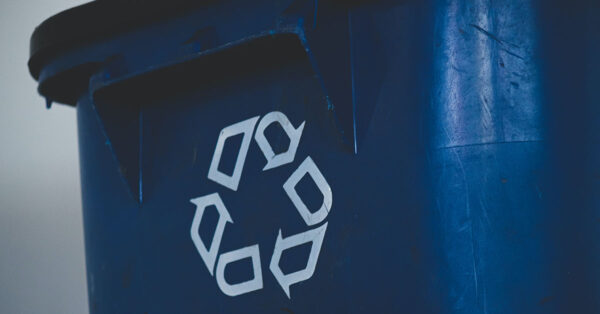Self-effacement may not be a winning strategy
Not to put too fine a point on it, we’re guessing that you—anyone, actually—might wonder about the rationale for naming a company Mediocre Pharmaceuticals, which bills itself on LinkedIn as “one of the major players in the Pharmaceutical Industry in India.”
Granted, no one likes a braggart, but that aw-shucks modifier “Mediocre” is a head-scratcher. In this space recently we questioned the practice of building a brand around swell-headed assertions of being the pre-emptive best in a given category. Empty claims to be “unequalled” and “unsurpassed” are not what strategic brand building is about, we said.
At the same time, neither is pulling back so far on superlatives that you damn your brand with faint praise. Or no praise at all. And yet a quick scan of the United States Patent and Trade Office (USPTO) site reveals a surprising number of brands built around words like “mediocre,” “adequate,” “sufficient” and “serviceable.”
Consider the company known as Adequate Health, which deals in hair and skin care products such as shampoos and moisturizers—presumably for those who want to look and feel their second-best. Serviceable Clothes sells outdoor attire—coveralls, coats, jackets and the like, and not to be confused with Meh, purveyors of tops, bottoms, t-shirts, sweatshirts, hats and trousers.
The less said about Adequate Testosterone Therapy the better.
One can assume that the reasoning behind these names is similar to that for more conventional brands—the desire to create an identity that is memorable and distinct. Indeed, some businesses have pushed strategic self-effacement to an even higher level, as evidenced by Terrible Apparel, Awful Waffle, Horrible Pets and Hideous Bags, all found on the USPTO site.
Thoughts of second-rateness bring back memories of U.S. Senator Roman Hruska, who defended Supreme Court nominee G. Harrold Carswell in 1970 against charges that he’d been at best a mediocre justice. “Even if he were mediocre, there are a lot of mediocre judges and people and lawyers,” Hruska said. “They are entitled to a little representation, aren’t they, and a little chance?”
In the end, Carswell was eliminated from consideration. But Hruska became a hero of sorts to the mediocre, the middling and the C-minus achievers of the world. Anyone can be exceptional, he seemed to say. But mere adequacy can be beautiful.




